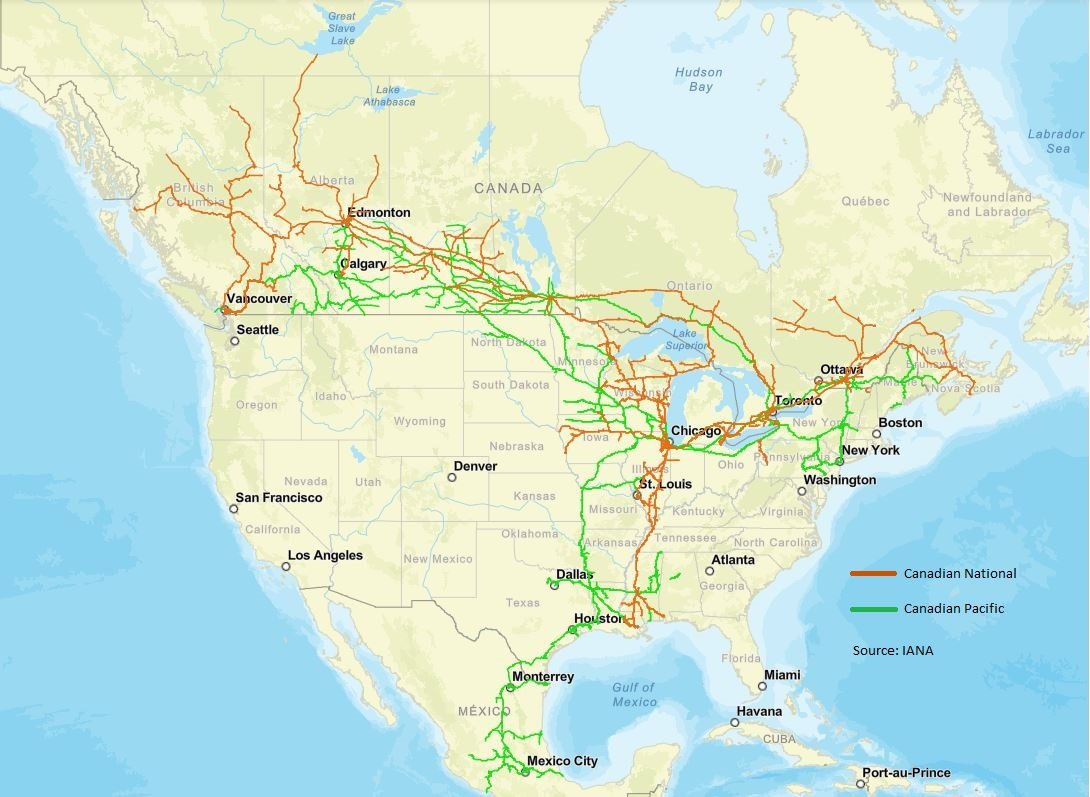Workers at Canadian National Railway (CN) are set to return to work on Friday, following a government move to end an unprecedented rail stoppage that began when Canada’s top two railroads, CN and Canadian Pacific Kansas City (CPKC), locked out more than 9,000 unionized workers. This simultaneous action had sparked fears of significant economic disruption, with business groups warning that the stoppage could result in hundreds of millions of dollars in losses.
While CN workers will resume their duties, the work stoppage at CPKC will continue pending further orders from the Canadian Industrial Relations Board (CIRB). The union and company officials are scheduled to meet with the board on Friday morning to discuss the next steps. The Canadian government announced on Thursday that it would request the CIRB, an independent body, to issue a back-to-work order, which is expected to come soon. In addition, the government has asked the board to initiate binding arbitration between the Teamsters union and the rail companies and to extend the terms of the current labor agreements until new agreements are finalized.
The government’s decision to intervene marks a shift from its earlier stance, where it had expressed a preference for the matter to be resolved at the bargaining table. Labor Minister Steven MacKinnon acknowledged that despite multiple rounds of negotiations, the parties had reached an impasse, necessitating government action. MacKinnon expressed hope that train operations would resume within days, but noted that CN could take a week or more to catch up on delayed shipments.
The lockouts and subsequent stoppage had severely impacted the transportation of essential goods, including grain, potash, coal, petroleum products, chemicals, and automobiles. Additionally, tens of thousands of commuters in cities like Toronto, Vancouver, and Montreal were affected, as CPKC-owned commuter rail lines halted operations indefinitely.
The labor dispute centers on issues related to scheduling, labor availability, and demands for improved work-life balance. These concerns have been exacerbated by new duty and rest-period regulations introduced by Ottawa in 2023. The rail companies argued that the lockouts were necessary to avoid sudden strikes and stated that they had bargained in good faith, offering improved pay and working conditions. However, the Teamsters union accused CN and CPKC of compromising rail safety and neglecting workers’ well-being in pursuit of profits.
The government’s intervention has drawn criticism from some quarters, particularly the left-leaning New Democratic Party, which has traditionally supported labor unions. Party leader Jagmeet Singh condemned the government’s decision, arguing that it sends a message that “being a bad boss pays off.”
As the situation evolves, the Canadian Industrial Relations Board’s forthcoming decisions will be crucial in determining the resolution of this labor dispute and the future of Canada’s critical rail infrastructure.
READ MORE:
